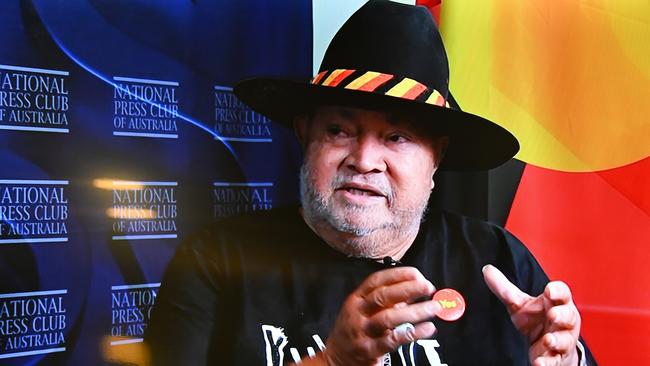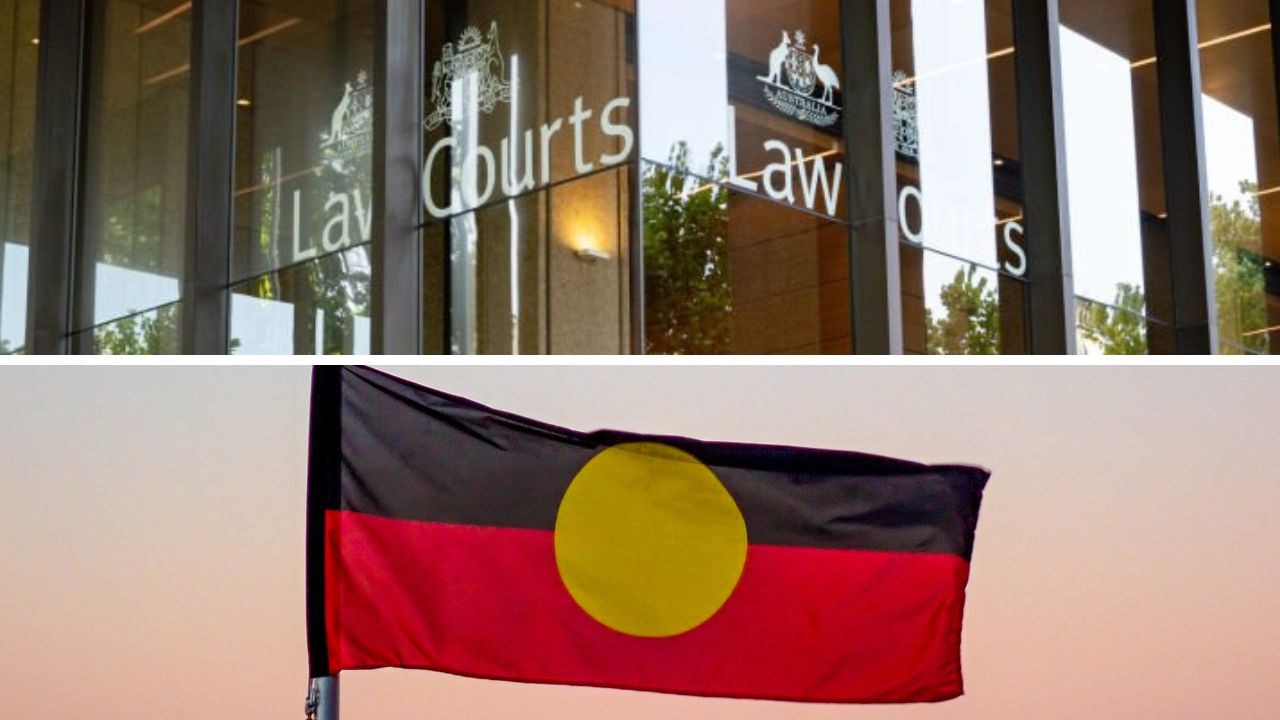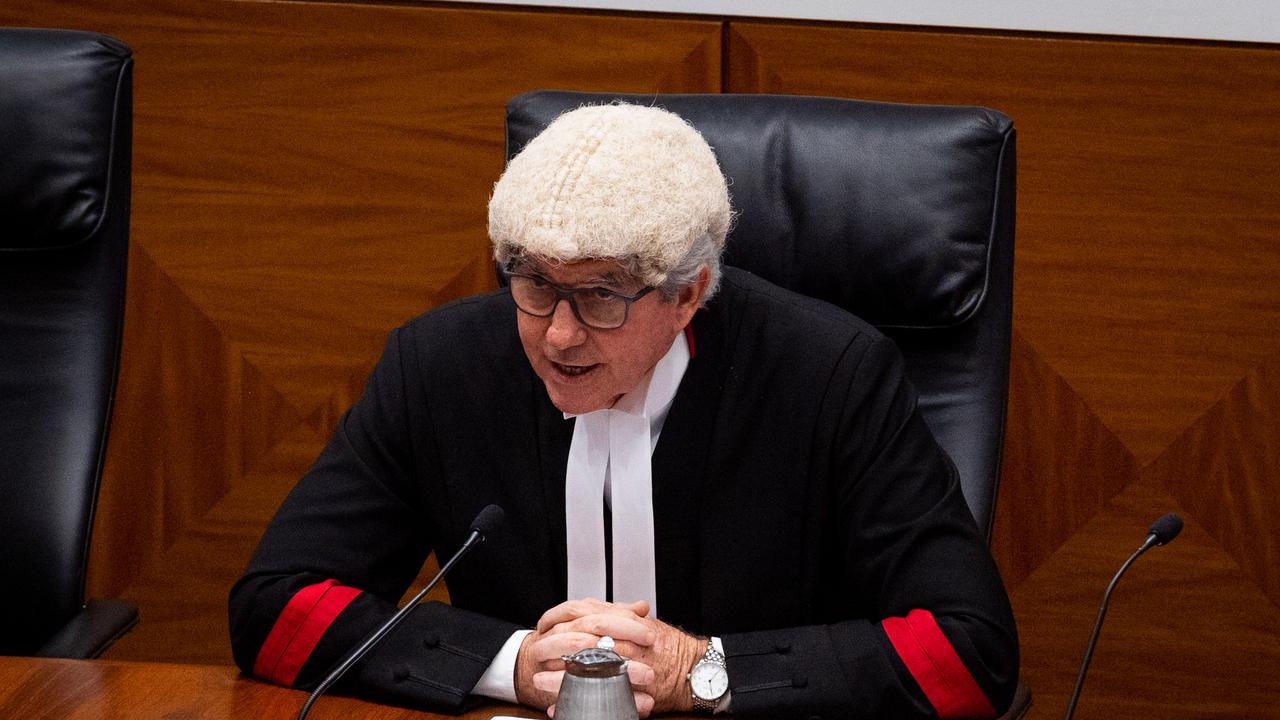Indigenous voice to parliament: Father of reconciliation Patrick Dodson rues our uncivil discourse


That is the guts of the debate we have been having about the Indigenous voice to parliament. It was supposed to have been a national conversation about the merits of an advisory body with a constitutional guarantee, but like so much of what goes on Indigenous affairs, it is really about ideology.
Patrick Dodson’s appearance at the National Press Club was the most emotional moment in the campaign. This man has already lived four years more than the life expectancy for Indigenous males and he is seriously ill. Chemotherapy has taken the long beard that made him recognisable as the father of reconciliation but it has done nothing to dim his intellect or his clear thinking about our nationhood.
The past is still with us, he explained, and it needs to be dealt with in the Constitution, the document that expressly excluded Aboriginal and Torres Strait Islander peoples when it came into effect in 1901.
Dodson sees the referendum as the basis for us to begin to trust each other. He believes it is about mutual responsibility for better results.
Dodson, who became a seminarian straight out of high school before being ordained as the first Aboriginal priest in Australia, said: “We are not in the garden of Eden here.”
It was a response to Jacinta Nampijinpa Price’s claim at the National Press Club in September that there was no ongoing negative impacts of colonisation.
“If we were in the promised land that some mob want to suggest we’re in, why are we (Indigenous Australians) having such high rates of suicides? Why have so many of our kids been taken away and put in out-of-home care? Why is there so much domestic violence and internal violence? Why are we living in poverty? Why are we still suffering from mental health problems? Why are our kids the victims of drug and alcohol … There’s a consequence of how we came to be colonised. They have to be dealt with,” he said.
Dodson was visibly sad when he spoke about division and acrimony in the voice debate. Beyond Saturday’s result, he seems genuinely concerned at our ability to discuss important things. He says it goes to the very fabric of our civil exchanges as a democratic nation.
“This is about how the polity of our country is governed and run. And this will affect us into the future, as the modus operandi of what and who is accountable, in the way they conduct public discourse,” he said.



The No campaign thinks he’s peddling separatism. He thinks they are assimilationists.